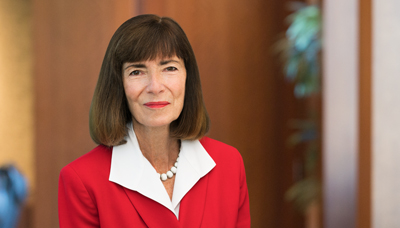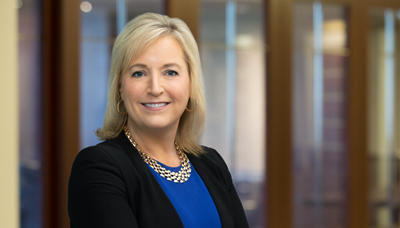Note: This article appears in the December 2013 edition of Barnes & Thornburg LLP's Associations & Foundation Update e-newsletter.
Associations are continuing to expand the scope of their use of new technology and social media. What once was recognized as a passing fad has now proven to be very effective. Yet with the new technology comes new potential areas of liability which must be examined such as trademark and copyright infringement, defamation, and compliance with laws. Associations should review their technology-related contracts and social media policies to ensure all key legal issues have been addressed.
Liability Exposure
Given that social media postings involve a variety of mediums such as photos, videos and music, associations should look before they post. Of primary concern is copyright infringement. A copyright protects original works of authorship. The creator of the work, e.g., photographer, videographer, owns the copyright to the work unless the creator is an employee of the association and created the work as part of their employment. In that case, the association owns the copyright to the work. Any information included in a social media posting should either be owned by the association which is posting the information or the association should have permission from the copyright owner to include their copyrighted material in their posting.
Social Media Policies
As the use of social media by associations and their members increases, the concerns regarding liability and appropriate use of social media remain. Associations should ensure that they have social media policies in place with both their employees as well as their members to ensure appropriate behavior and, if not, give them a remedy for violation of the policy.
For employees, the National Labor Relations Board (NLRB), recently issued regulations which make clear that employers cannot restrict their employees from discussing “protected activities” – namely wages, hours and working conditions. As such, employers cannot prohibit their employees from discussing any work related items on their social media pages. Note that the policies can prohibit unprofessional comments and “griping.” It is important that employers have evaluated their policies under these NRLB regulations to ensure compliance.
For members, the association should ensure that it has a social media policy which is written to restrict members from engaging in activity which is inappropriate and unprofessional. The policy should be written such that members who engage in inappropriate behavior may be terminated from participation in the association’s social media site.
Data Protection
With more states such as Massachusetts enacting robust data protection laws, associations need to ensure that the data they collected from their membership for their dues renewal and conference registration contains a consent from the member that the association can use the data or distribute it to association’s vendors. More and more contracts include indemnification provisions which make the group responsible for any liability associated with its failure to secure proper consent from members before their data is shared.
Meeting Apps
With the advent of new technology and applications comes the risk that associations may be held responsible for any damages relating to an attendee’s download or use of an app. It is important to ensure that anyone downloading the app will have access to a notice and disclaimer which provides that the association is not responsible for any costs of liability arising out of their download of use of the app.
Notices and Disclaimers
Notices and disclaimers are very effective techniques to manage risks especially in connection with the association’s group pages on third party websites such as LinkedIn and Facebook. The notice should provide that the comments posted in the group are those of the individuals and not of the association. Further, a disclaimer should be included which provides and that the association will not be held liable for content posted in the group. In order to enhance its enforceability, the notice and disclaimer should be posted in a visible section of the page.
Paula Goedert is Chair of Barnes & Thornburg’s Associations and Foundations Practice Group, where she concentrates her practice on the representation of non-profit organizations, including professional societies, trade associations, public charities and private foundations. Paula can be reached at (312) 214-5660 or paula.goedert@btlaw.com.
Barbara Dunn is a Partner with the Association and Foundations Practice Group at Barnes & Thornburg where she concentrates her practice in association law and meetings, travel and hospitality law. Barbara can be reached at (312) 214-4837 or barbara.dunn@btlaw.com.
© 2013 Barnes & Thornburg LLP. All Rights Reserved. This page, and all information on it, is proprietary and the property of Barnes & Thornburg LLP. It may not be reproduced, in any form, without the express written consent of Barnes & Thornburg.
This Barnes & Thornburg LLP publication should not be construed as legal advice or legal opinion on any specific facts or circumstances. The contents are intended for general informational purposes only, and you are urged to consult your own lawyer on any specific legal questions you may have concerning your situation.














